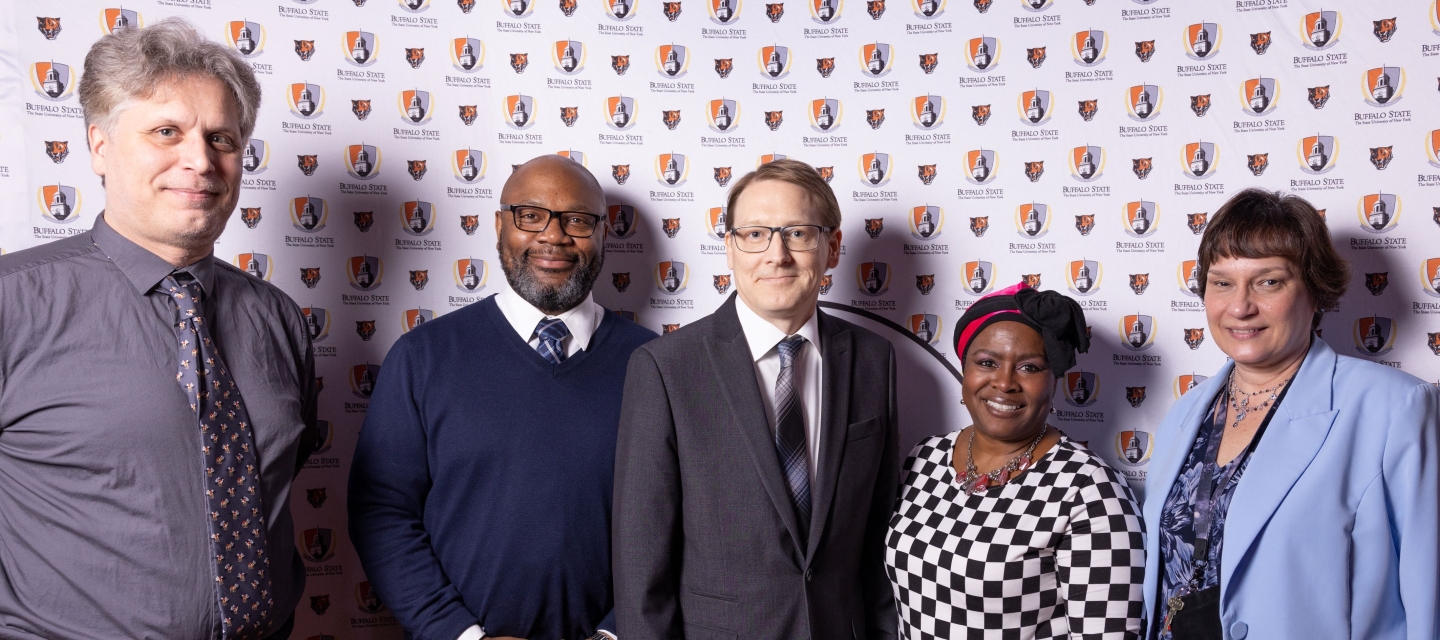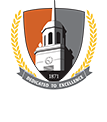
We use evaluation and research to ensure quality.
Our Evaluation Methods and Research Support High Quality Professional Development Services
Evaluation
Training programs are evaluated to monitor and improve course content and delivery. A hierarchical model of training evaluation is applied.*
To assess Participant Reaction (also referred to as Level One), we use the Participant Reaction Questionnaire (PRQ) a survey instrument that training participants complete at the end of class to rate the training delivery and course content.
To assess Learning Gain (also referred to as Level Two), we administer a multiple-choice test aligned to the course objectives to measure how well training participants learned the course material.
To assess Transfer of Learning (also referred to as Level Three), we distribute an online follow-up survey (thirty to ninety days after training) to participants and their supervisors. Participants self-assess the extent they have applied the skills learned in training back on the job. Supervisors also assess how well the training participants have incorporated the skills.
Evaluation forms can be completed online or printed and administered on paper.
Standard and custom reports outlining the evaluation results are available.
The evaluation unit also conducts training needs assessments to identify the training needs of social service professionals across New York State.
*adapted from Kirkpatrick, D.L. (1994). Evaluating training programs: The four levels. San Francisco: Berrett-Koehler.
Research
We conduct customized research projects that provide an effective means to capture real time data to advance future programming and training. We focus on research that can and will be applied. Our team compiles easy to interpret reports to support application of the research.
To enhance the collaborative nature of research projects, we establish teams that include our stakeholders and consistently communicate from research project conceptualization through development of the final report.
Our research helps stakeholders build evidence-based programs and training. Since we have experience in conducting research as well as designing and developing training, we can help organizations apply the research to classroom training, e-learning and blended learning training. Our research services include but are not limited to:
- Developing methodology
- Creating survey instruments
- Data Collection
- Data Analysis
- Constructing reports
- Working with our Institutional Review Board (IRB) for the protection of human subjects

